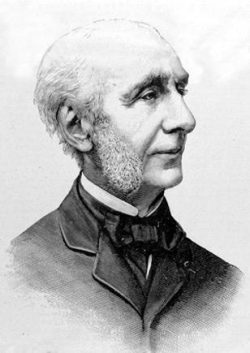Edmond Scherer (1815-1889)
From the Revival Movement to Anti-Clericalism
After studying classics, literature and law, Scherer took his D.D. at the Strasbourg Faculty of Protestant Theology. At first he favoured of the ideas of the Revival Movement.
In 1845 he accepted the chair of Church History at the Free Divinity School of the Oratoire in Geneva, opened by the Evangelical Society of Geneva whose doctrinal basis was the complete inspiration of the Bible. However in 1849, this brilliant and well-known supporter of the evangelicals announced a change in his doctrinal choices and resigned from all his previous functions. In 1850, in a pamphlet entitled “La critique et la Foi” (Criticism and Faith) he explained that acquaintance with modern theological writings makes it impossible to accept the theory of divine scriptural inspiration. He contributed to, and financially supported T.Colani’s Revue de Strasbourg where he described the doctrinal evolution that had gradually taken him to free-thought and agnosticism (see Le temps des divisions /the time of divisions). In 1860 he settled in Versailles and took part in intellectual and political movements. He was elected deputy for the centre-left in 1871, then life senator in 1879. A staunch anti-clericalist, he became one of the most faithful supporters of the Third Republic, and requested that his funeral be a strictly non-religious one.
Associated notes
-
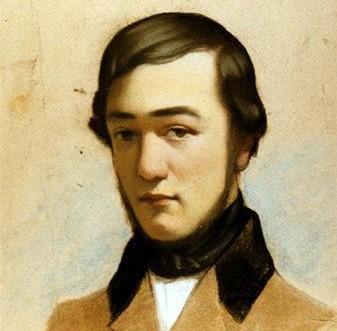
Times of disagreement
During the second republic, the planned restitution of the synodal system was never accomplished. In 1852 Napoleon III reinstated local churches, but the lack of a central authority led to... -
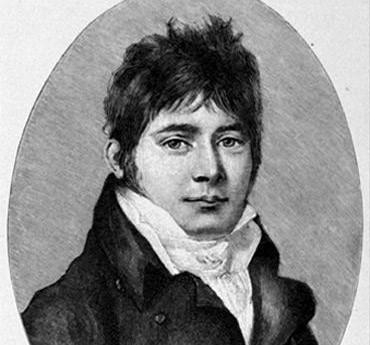
Liberalism
Theological liberalism was characterised by its extended freedom in doctrinal matters and by a new approach to the Bible resulting from the historical-critical methods of reading. -
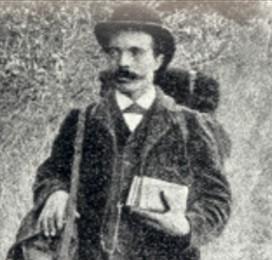
Revival Movements
The 19th century revival movement took shape within the context of romanticism. Its piety is of a more existential and sentimental nature, a piety « revived » when compared to a faith... -
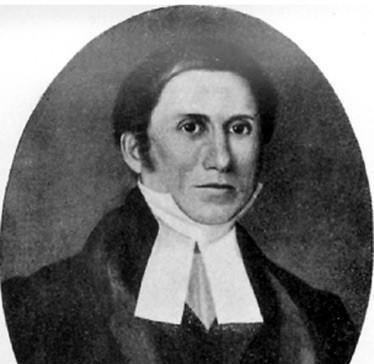
Timothée Colani (1824-1888)
-
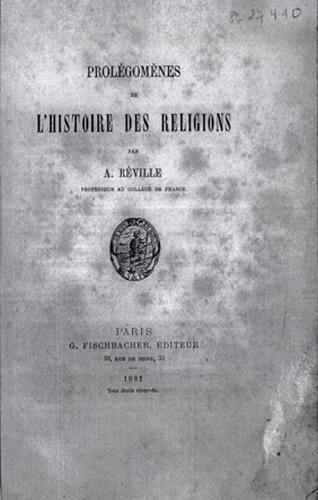
Albert Réville (1826-1906)
-
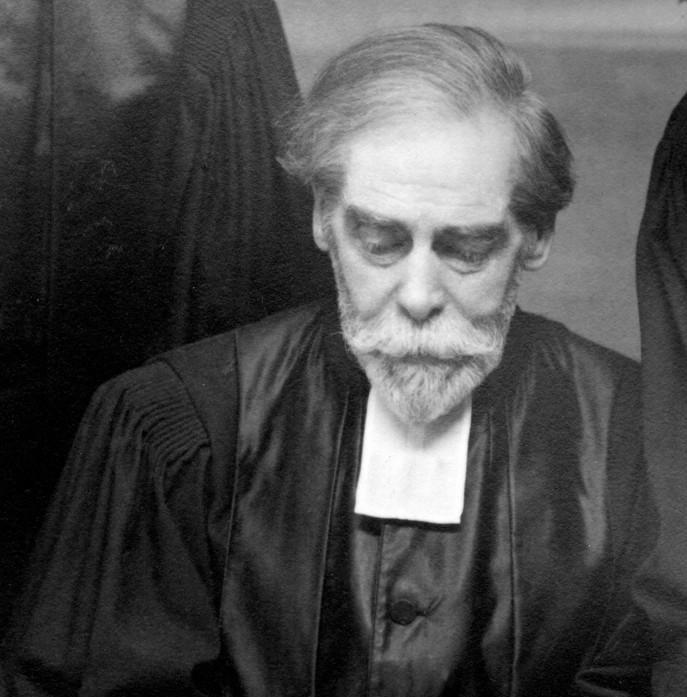
Wilfred Monod (1867-1943)
-
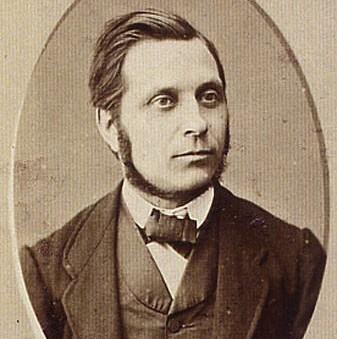
Jules Steeg (1836-1898)
Jules Steeg was born in Versailles in 1836 – his father, a shoemaker, was an immigrant from Germany and his mother was French. He was a pastor, a politician and... -
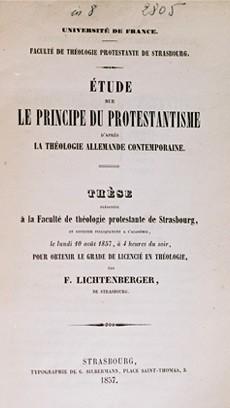
Frédéric Lichtenberger (1832-1899)
Frédéric Lichtenberger was a Lutheran pastor at the Faculty of Theology in Strasbourg until the annexation of Alsace. He was Dean of the Faculty of Theology in Paris ; he was... -

Tommy Fallot (1844-1904)
Since his youth, Tommy Fallot had always been shocked by the protestant Church’s lack of interest in social issues (perhaps this may have been due to the fact that at...

